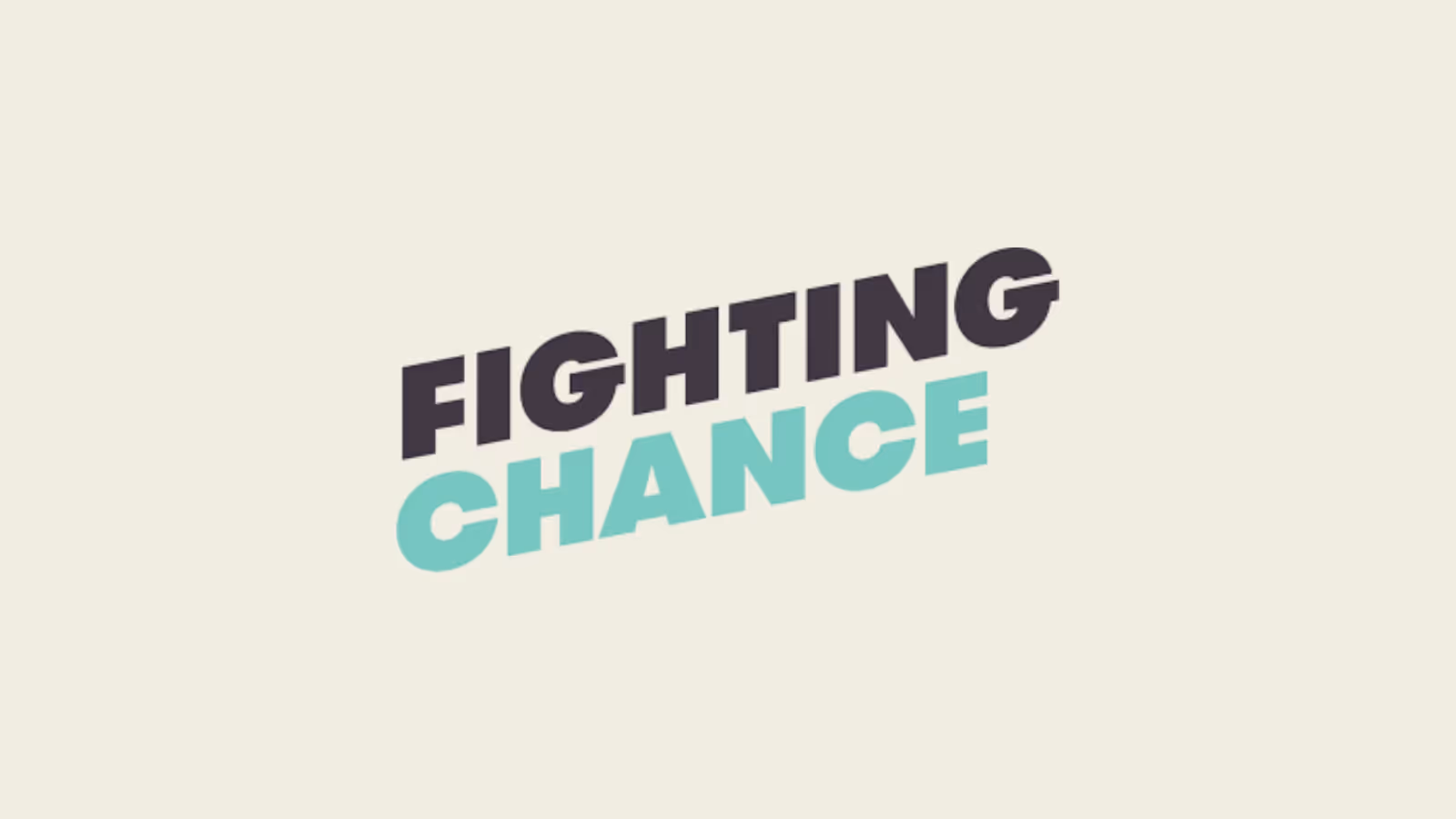How Much Do Employee Assistance Programs (EAPs) Cost?
Discover the costs of EAPs per employee and business with Foremind’s clear guide.
%20Cost_.avif)
Key Takeaways
- The price of an EAP fluctuate depending on the types and level of support required to meet your business needs.
- There are 3 main pricing models: Pay as you go (PAYG), All Inclusive Packages or the type that Foremind offers that allows you to Build You Own
- The cost of an EAP can range anywhere from $2,000 to upwards of $50,000 depending on your business size, industry and specific needs as well as the quality of the service offering and whether they are digital first (like Foremind) or a phone only provider.
Understanding the Cost of Employee Assistance Programs
Businesses are increasingly aware that supporting employees’ mental health can lead to higher productivity, better engagement, and a more positive work culture. Employee Assistance Programs (EAPs) have become a key component of many companies’ strategies to provide comprehensive mental health support. What most people don’t know is that the cost can be as little as a yearly team BBQ, with much more productive outcomes.
How Much Does An EAP Cost per Employee?
In Australia, EAPs can cost anywhere from $2000 to upwards of $50,000 depending on a range of factors. This is dependent on the type of services required, the nature of your business and the value of the service provider. On average, an EAP per employee can cost as little as $75 per employee per year about the equivalent of single new work shirt or a few cups of coffee a month. The average cost of not having one (or having a ineffective one) could be much higher as it is estimated that poor mental health is now costing Australian businesses $5,000 per employee per year.
Different price points mean different offerings, so it is important to first evaluate your business needs in order to meet your workforce’s mental health and wellbeing needs.
Request a quote for flexible prices today!
Factors Affecting EAP Costs For Employers
Company Size
Bigger companies have more ability to pick and choose what suits them, as the larger workforce usually means a lower per-employee costs for larger companies. Companies who can afford to pay top dollar for the service will likely opt for the full-package, and this will come at a high annual price point as the EAP is inclusive of all the bells and whistles.
For small to medium business the budget may be smaller with a number of considerations to ensure you meet the a diverse work. Factors including multiple geographic locations, shift workers, high risk industries all mean small to medium business may be hit with a higher package cost.
Industry-specific needs
Certain high-risk industries will require specifics for EAP programs such as critical incident responses, 24/7 support. In addition, if you require face to face training services then expect to factor this in as travel costs and accommodation are generally charged for in person if you are in a rural or remote location.
Digital Platforms
Choosing an EAP with a digital offering is important to increase the effectiveness of the worker wellbeing platform, as well as the ability for the EAP to proactively support employees who might be beginning to experience stress. However as digital platforms are costly to develop, maintain and secure expect this to increase the overall cost of the EAP. However a EAP that simply provides a hotline number is not providing pro-active support, and is merely a tick box exercise.
Number of sessions
As a business owner you have the ability to prescribe how many sessions your employees can access under and EAP model. It is not uncommon for larger providers to only offer 2 sessions per employee in an all-inclusive package, which is insufficient for people in high stress situations. It is recommended that workers access between 4 -6 sessions.
EAP Pricing Models
EAPs charge for services in several different ways, depending on the type of business they are supporting, their offering and the structure of their operations.
Inclusive package
Inclusive pricing allows companies to have financial certainty regardless of their usage over a yearly timeframe. This is traditionally more favourable for larger enterprise organisations that have allocated budgets for wellbeing and staff support and require certainty against these. Inclusive pricing is also more favourable for larger organizations’ finance teams as there is one upfront fee rather than a monthly fee for services based on usage.
It is important to remember that EAP providers who offer inclusive pricing only are hedging their bets across their entire client base.
Similar to a cheap gym membership or a streaming service subscription, it can be easy to forget you are paying for something you aren’t getting value from if you aren’t diligent.
Pros of inclusive pricing:
- Good value for money for you as an organisation as you are packaging counselling sessions and will generally be rewarded with a discounted hourly rate for doing so
- If you are in a higher risk industry that exposes your staff to frequent stressors you may save money on this model vs pay as you go variants for the first year (however it will generally get refactored after the second year if you are consuming more than budgeted)
- Generally assigned a dedicated account manager to support you with general support
Cons of inclusive pricing:
- Higher upfront costs for smaller businesses
- If you don’t use your counselling sessions during your contracted time period you lose them
- While often being promised a personal support representative it can be hard to find someone to support you with questions and comments in larger EAP providers
- Reporting is often handled by the EAP company to ensure you are only shown the statistics they want you to see
Build-your-own pricing
Build-your-own pricing means that you have the options to select the services relevant to your business and workforce.
Pay as you go
Counselling sessions provided are charged on a pay as you go basis as opposed to an inclusive package. This can be beneficial for cost conscious businesses who want to ensure that their staff are supported when they need it most.
Training
Training services are optional extras to be chosen on as needed basis, and may not be relevant to your workforce. This may include workforce training, or onboarding an implementation workshops.
Counselling hotline
This service is often instead of a counselling session model, and instead provides support in the moment rather than in an ongoing manner. This is usually the lowest priced option for cost conscious businesses.
Pros of build-your-own pricing
- Smaller up-front payment for services which can help with affordability
- More accurate reporting as you are invoiced at the end of each month based on usage.
- Ability to choose training and other items as you need them so that they are tailored to your business requirements.
Cons of build-your-own pricing
- Your costs are more likely to fluctuate based on usage and need making it harder to plan a wellbeing budget ongoing
- Excluding training can reduce the likelihood of your workforce engaging with the paltform and getting the full benefits of the EAP as there is little awareness or understanding of the services available
- Choosing the cheapest option means you likely get what you pay for, or are paying for a service that is never used
Assessing EAP Costs
Before engaging an Employee Assistance Program (EAP) to support your workforce, decision-makers need to consider the broader value and impact of EAPs on their organisation. Understanding and assessing the needs of your workforce ensures you are building a solution that is staff-driven rather than just ticking a box.
A well-designed EAP solution has financial implications through a reduction in absenteeism and psychological claims. Subsequently, workers who feel their organisation takes mental health seriously are likely to be more productive, engaged, and stay with the company for longer. Investing in a thoughtful, comprehensive EAP not only enhances employee well-being but also drives long-term organisational success and sustainability.
Pricing Tailored To Suit Your Business
At Foremind, we believe every worker should have access to mental health support, no matter the business size.
We offer tailored EAP solutions that scale with your employees’ needs.
Talk to us today about a plan that suits you.
Combining EAP & Psychosocial Hazard Management
The impact of psychosocial hazards can be significant and can lead to a range of negative outcomes, such as decreased job satisfaction, increased absenteeism and turnover, and reduced productivity.
It is required under the legislation for employers to identify, assess control and review these hazards. Foremind allows you to do this in the one place so that you can easily report on what you are doing as required.
Learn more about Psychosocial Hazards Compliance

Hello 👋 I’m Joel the founder of Foremind.
Are you ready for simplified support & compliance?
Latest insights
Answers to the frequently asked questions.
Still have questions?
Email us at enquiries@foremind.com.au and we'll get back to you quickly with a response
Yes, we have culturally competent counsellors available, including those able to work with first nation and CALD employees.
Onshore on secure AWS Servers in Sydney Australia. All data is encrypted in transit and at rest and our entire team is located in Australia.
Employees can access our platform on any device (mobile, laptop, desktop, etc.) as long you have the website link - no need to download any app on devices. You wouldn’t need to enrol any of your staff individually.- When we do our onboarding, we ask for the first name, last name and email of all your employees, and send out an email invite to all them which will allow them to create their own individual account to access the platform. For new staff we can also invite them or provide you with a unique link to embed in your onboarding process, whichever is more convenient for you. We also kick things off with a launch webinar or video to make sure everyone is aware of Foremind and how to use it. We’ll also provide you with any collateral such as posters, QR codes, brochures etc. to help drive awareness and encourage people to create an account in the platform.
The support line is answered by our reception service 24/7. It is for urgent platform or session-related issues only (e.g. *“My counsellor didn’t show”*) or helping staff create an account.





